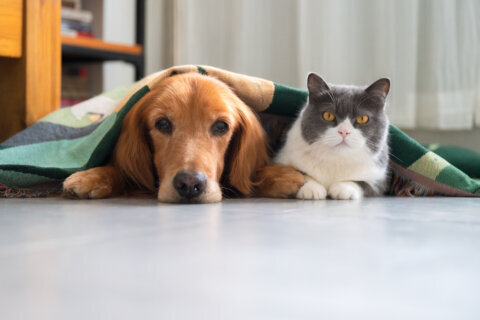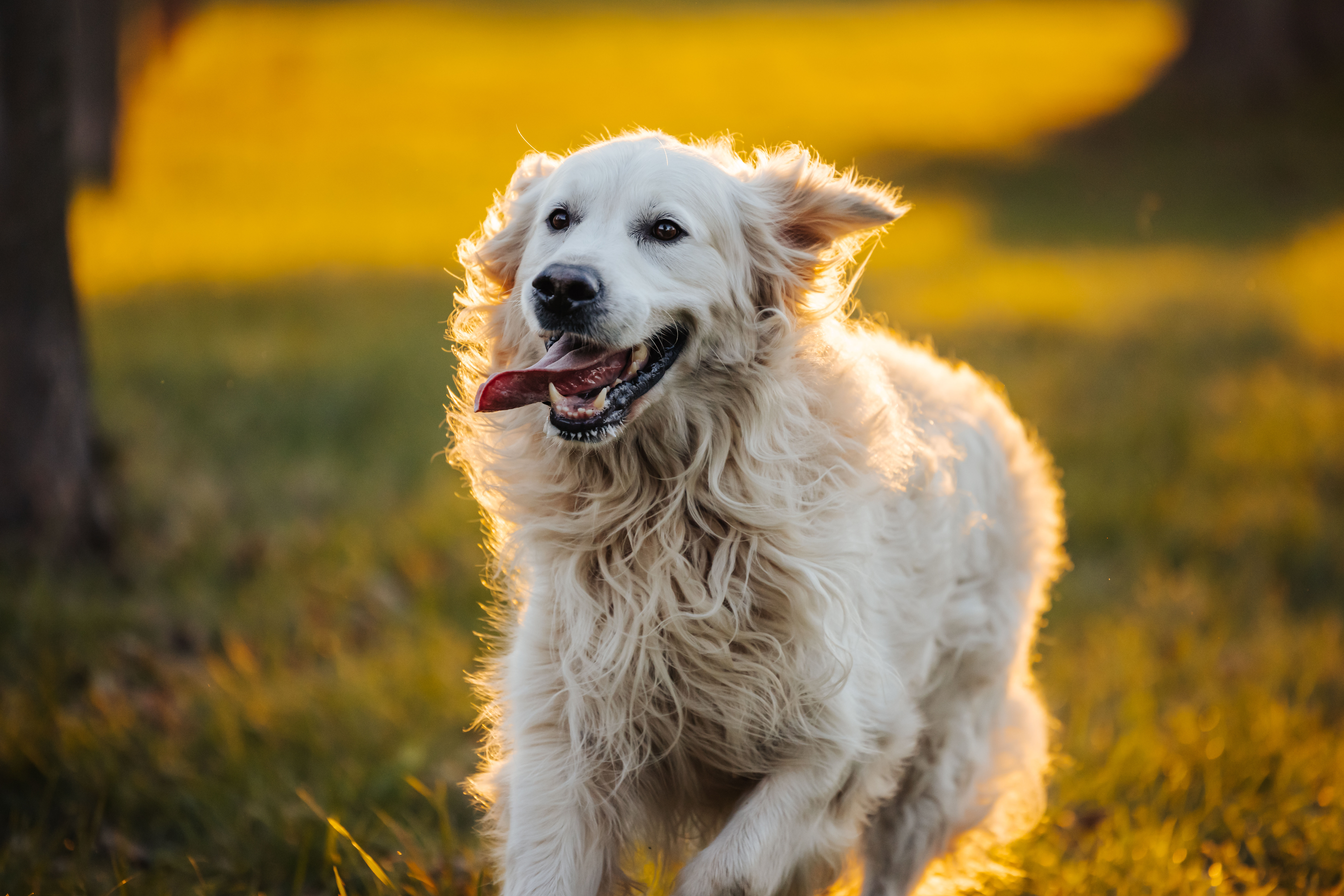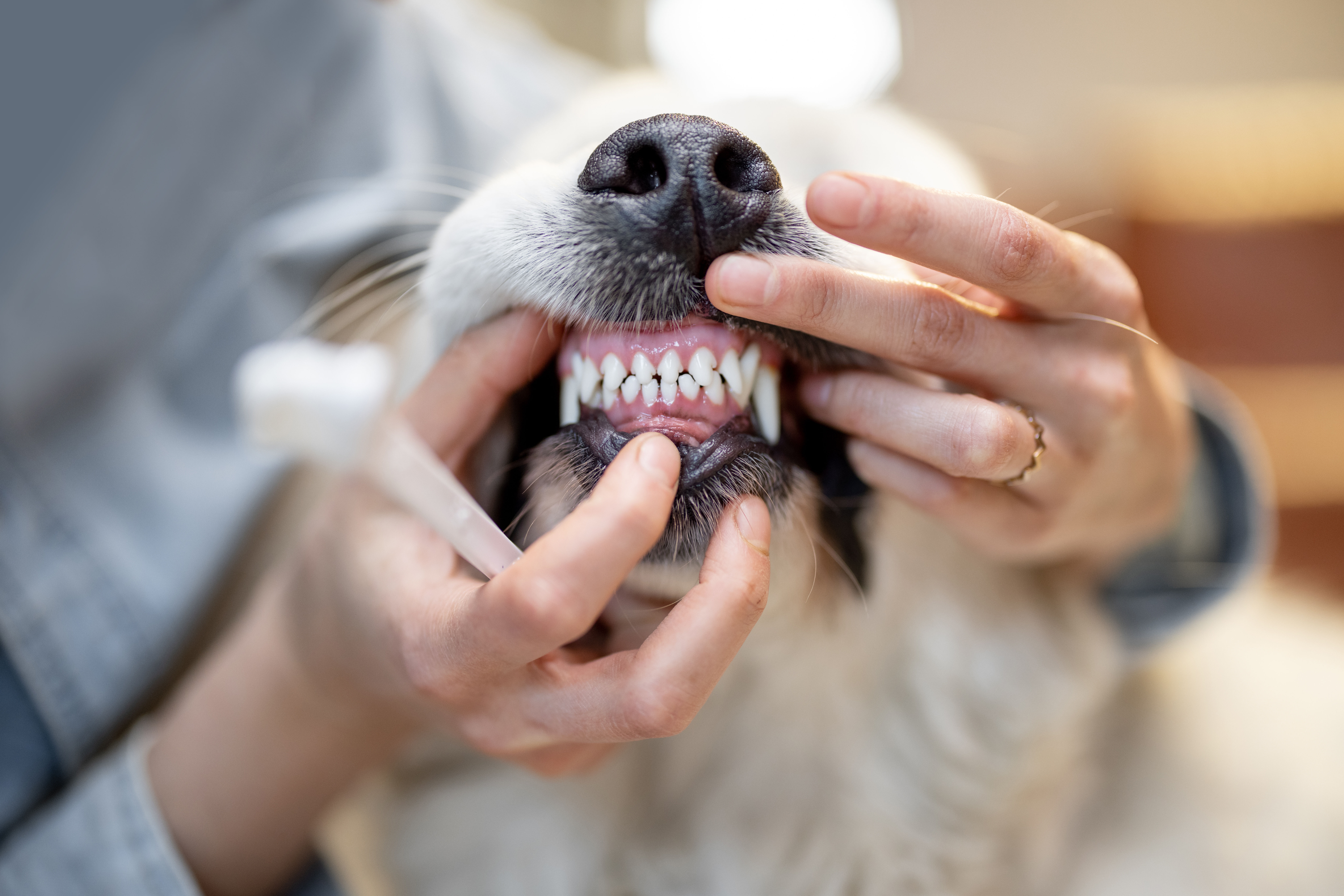This content is sponsored by Rocky Gorge Animal Hospital.
Ah, the summer: warm sun, fresh air and outside time with your furry friends! But as the temperatures soar so does the risk of heat-related illnesses. Be safe and be prepared by learning more about heat exhaustion and heat stroke.
Heat exhaustion and heat stroke occur as a result of increased body temperature due to overheating. Dogs and cats lack the same cooling mechanisms as people. They only sweat a small amount to reduce heat and rely mostly on panting. When panting or other heat-dissipating methods are not effective enough to reduce excessive body heat, heat stroke can occur.
Heat stroke can develop rapidly and be life-threatening if left untreated!
When body temperature increases to an abnormal level, numerous harmful processes develop. The severity of these changes depends on the degree of body temperature, duration of abnormal level and overall health of the animal.
It is important to recognize signs of developing heat stroke and to take early action. Early signs include panting, hypersalivation or drooling, excessive body temperature on touch, red mucus membranes (gums) and elevated heart rate. As signs progress animals may display quiet or depressed mentation, vomiting, bleeding from mouth or rectum, muscle tremors, and staggering. If left untreated, disease will eventually progress to seizures, coma and death.
Risk factors of heat-related illnesses include the following: excessive heat or humidity, brachycephalic (short-faced) breeds, overweight or obese animals, exercise in warm weather, restricted water access, confinement in car or other enclosed space with limited ventilation, and pediatric or geriatric animals.
Prevention is key to avoiding severe consequences of heat stroke. Avoiding risk factors as above is the first step. Never leave your animals in a closed car even when ambient temperature is not that high. When outside or in hot or humid weather, provide free access to cold water and plenty of shade. Do not push your dog to play or run when the weather is very warm or humid.
Note that when you are becoming hot your pet is too!
If you feel your animal is overheating immediately stop activities, go to a shaded spot or indoors if you are able. If available, measure your pet’s temperature with a rectal thermometer. If temperature is above 105 F soak your animal in cool (not cold) water and use a fan to allow heat to dissipate quicker. It is important to reduce rectal temperature as quickly as able to 103 F. Stop cooling mechanisms when rectal temperature is 103 F to prevent rebound hypothermia.
Seek veterinary care if your pet does not improve quickly to these treatments or if rectal temperature measures above 105 F. Rocky Gorge Animal Hospital is available 24/7 for veterinary care as needed.
Enjoy the warm weather safely by preventing heat stroke!







